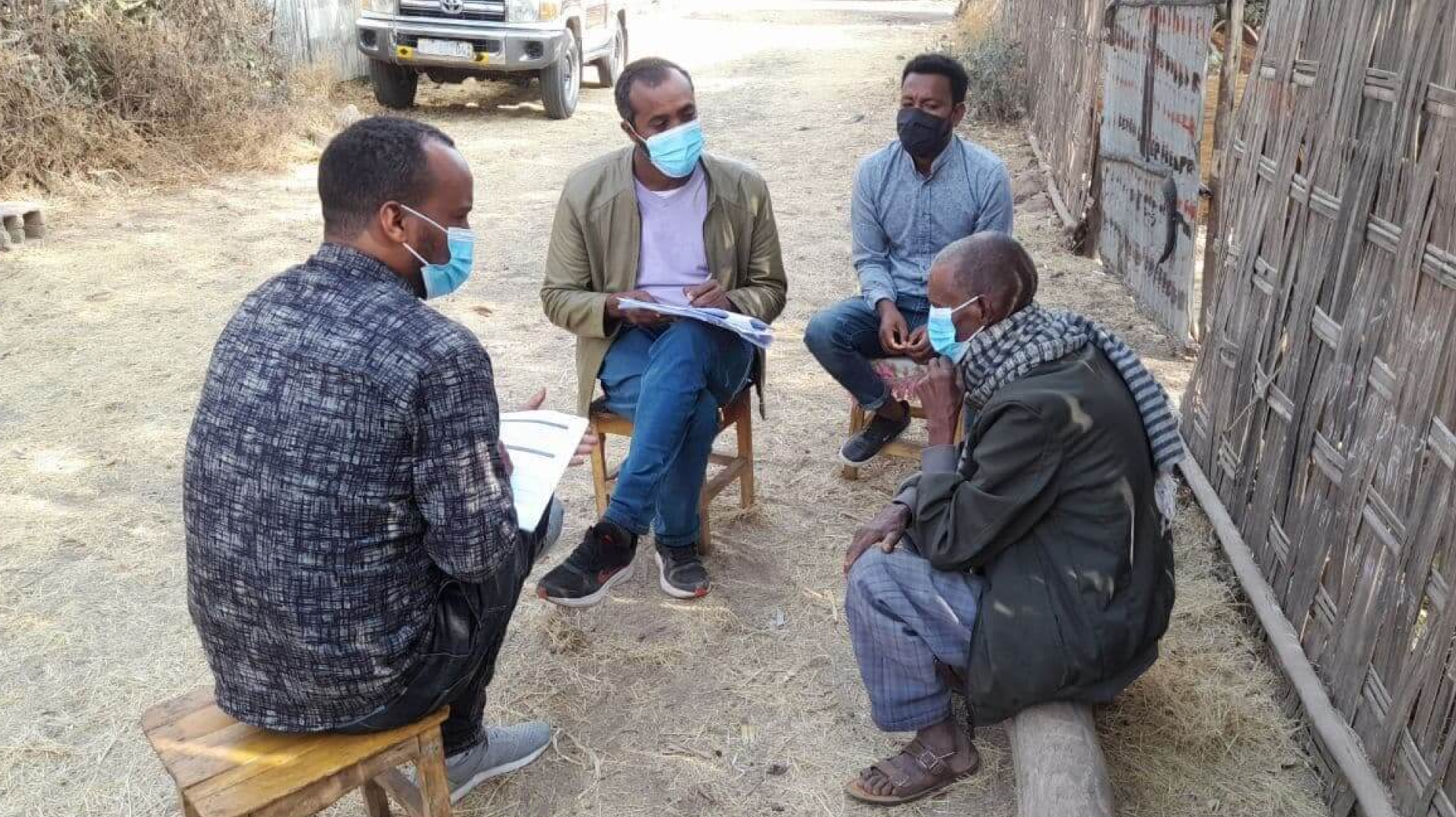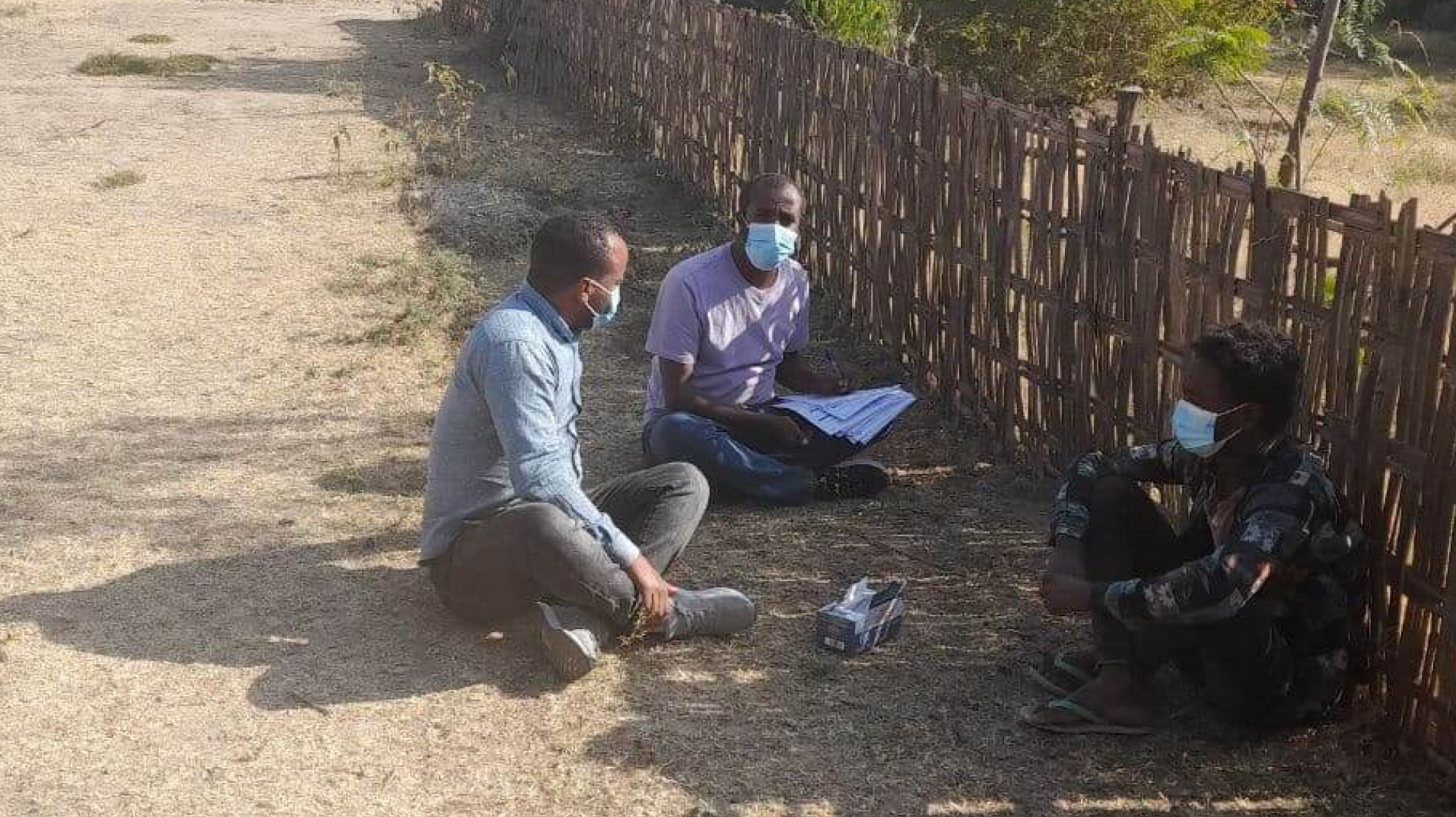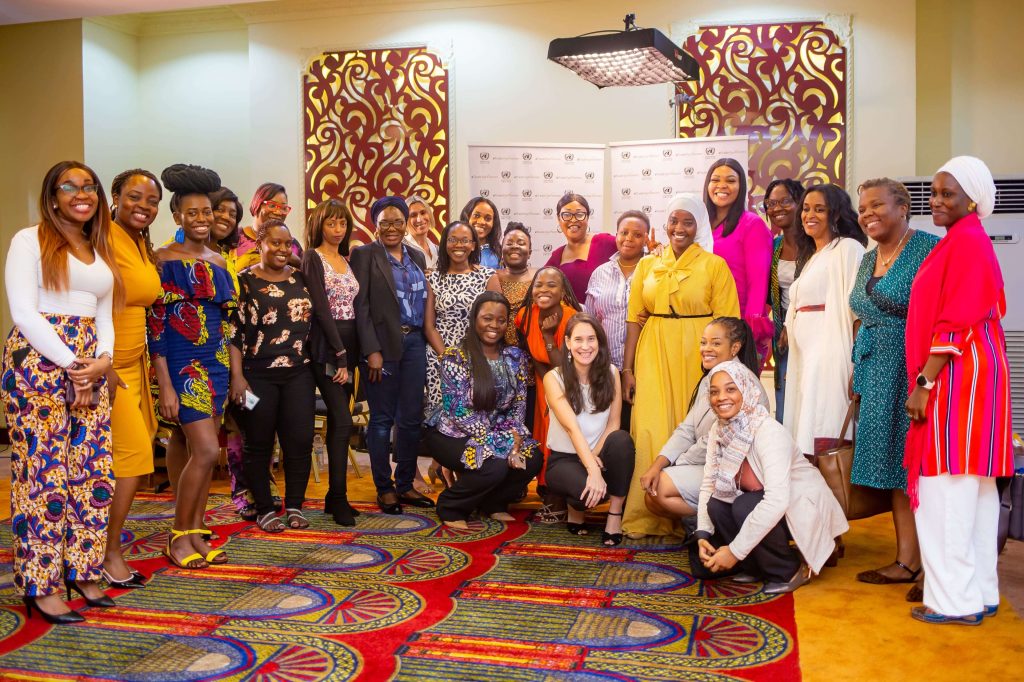Solutions to increase uptake of Sexual and Reproductive Health Services among the youth in Refugee Context in Somalia & Ethiopia
Client
IRC Health team
Category
Design Sprint, Research, Facilitation, Prototyping
Location
Somalia, Ethiopia
Duration
6 Months
Project Challenge:
How might we better support IRC health teams to generate interventions that would increase the uptake of SRH services among refugee youth in Somalia and Ethiopia?
Project Brief
IRC health team staff from Somalia and Ethiopia were looking to generate solutions to increase the uptake of sexual and reproductive health services among refugee and vulnerable host community youth. Youth uptake of sexual and reproductive health services had consistently lagged behind the set IRC targets, hindered by cultural, religious, and operational barriers.
A design sprint with IRC health teams from Uganda and South Sudan conducted in 2021 generated several insights and outputs to address similar barriers.
A design sprint with IRC health teams from Uganda and South Sudan conducted in 2021 generated several insights and outputs to address similar barriers. IRC team wanted to leverage learnings and insights from prior work done in South Sudan and Uganda, to help teams in Somalia and Ethiopia generate contextual and scalable solutions that may lead to an increase in the uptake of youth SRH services, as well as empower the teams to use a user-centered approach to test and refine the prototypes created.
Approach
To achieve this, we
- Started by introducing the health teams in Somalia and Ethiopia to the human-centered design process in a culturally and contextually relevant way. With participants joining in remotely, and from diverse cultures and backgrounds, we designed and facilitated an immersive, interactive and digestible design thinking workshop that incorporated participants learning and practising the use of virtual collaborative tools (Miro & Google Slides) and participants learning the Design Thinking process through a real-world problem case.
- Designed and remotely facilitated activities to validate the previous sprint’s findings with Ethiopia and Somalia IRC health teams; including facilitating activities to better understand differences across contexts. This mainly included supporting the teams to create research guides, conduct field research and synthesize their findings from the field.
- Facilitated remote ideation sessions with the health teams to surface ideas that can be tested, learning from the previous sprints. We additionally supported the teams to develop and refine the prototypes and test them in the field to inform what solution to take up.
- Designed a testing and implementation plan to help IRC health teams pilot the chosen solution.
Outcome
By the end of our engagement, the IRC health teams had acquired an understanding of the key concepts, mindsets and principles of Human Centered Design, and practised the skills of human-centered design through the 6-month design sprint.
As a result the teams, working remotely were able to:
- identify and prioritize barriers to the uptake of SRH services in their context and communities,
- Ideate and select top ideas to prototype (that included designing youth-centered interventions, rethinking the current approach to SRH services training)
- Plan a pilot that focused on introducing values clarification and attitude transformation (VCAT) workshops (participatory workshops aimed to provide accurate information about ASRH, contraception, and family planning) to align contraception uptake with community values through values clarification and attitude transformation. The goal for the VCAT sessions will be to explore these issues to help move the different participants (community members) toward positive ASRH attitudes and close the information and service delivery gap of SRH to adolescent youth in the refugee setting, thereby increasing the uptake of ASRH services in the near term.


Related Case Studies
Design Thinking Facilitation, Course Design, Venture Design Support
Let’s Work Together
Whether you are looking to bring an idea to life or you are looking to implement a complex impactful project, or you are looking to infuse design and innovation in your work, processes, teams, and projects, or you are looking to design and implement programs and services for innovators, we are here for you.
- © 2025 Mideva Ventures | All Rights Reserved
